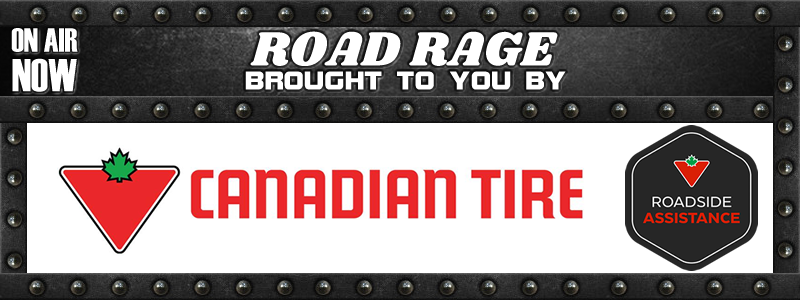It’s the start of another school year for many in Saskatchewan and drivers are being asked to be extra cautious this morning on their commutes. Both Regina and Saskatoon Public and Catholic elementary and high school students are beginning a new school year. As always, school and playground speed zones will be in effect between 7 a.m. and 7 p.m. daily with a speed limit of 30 kilometres per hour (km/h) in both Regina and Saskatoon, with many other communities following suit. Tickets for speeding in a school zone start at $170 and increase by $4.00 for every kilometre someone is driving over the 30 km/h speed limit, Saskatchewan Government Insurance (SGI) said in a release. “Penalties also include a minimum additional $60 Victims of Crime surcharge and drivers will receive three demerit points under the Safe Driver Recognition program for a ticket in a school zone,” the release said. SGI said for example if someone was travelling 50 km/h in a school zone they would be looking at a $310 ticket with the loss of three demerit points. SGI says drivers also need to remember that when school buses are stopped with their amber lights flashing drivers need to use caution and ensure kids are not about to pop out from the bus before they pass. Avoiding u-turns in school zones is also recommended, with SGI adding that in some municipalities they are prohibited. “Speed and distractions are two of the leading factors in collisions, so ensuring you bring that speed down and avoiding distractions will make sure you can react quickly to anything that may crop up that you’re maybe not anticipating,” Michaela Solomon from SGI told CTV Morning Live on Tuesday. Kids are going to be very excited heading back to school, excited to get on the playground and see their friends and meet their new teachers, so we want to make sure that as grownups driving on the road we make sure our speed is within that posted speed limit and our attention is where it needs to be,” she added. Students themselves are also reminded to be cautious when crossing the street and to only do so when absolutely safe. No cellphonesAnnounced in August, the provincial government said that cellphones are to be banned in all schools during class time beginning this school year. The ban is for all students in Kindergarten to Grade 12. However, for Grade 9 to Grade 12, the province said that teachers will be able to seek exemption from administration to allow cellphone use by students during class time when needed for specific instructional purposes. According to the province, students will also need to get an approved exemption from their school division if they need a cell phone in class for a specific medical or learning need. The province also said it will be up to individual school divisions to enforce the ban. Director of education and CEO for Regina Public Schools Mark Haarmann says teachers are ready to enforce the ban. “Cellphone policies have been kind of hit and miss in schools for a period of time and certainly the other rules around student behaviour have been in place for awhile, but these [teachers] are professionals, thoroughly trained, very motivated,” Haarmann said. Pronoun lawSchool divisions will also need to enforce a new law created by the province surrounding pronouns. Any student under 16 that wants to change their name, or pronoun referenceing gender in school, will first need to have parental consent. Superintendent with Regina Public Schools Jason Coleman, said that the division will comply with the policy. The policy was eventually brought into law by the province to avoid a delay in enforcement while legal challenges proceeded. In Saskatoon the public school division also said it expects all employees to follow the legislation and that its enforcement is no different than other policies.
|































